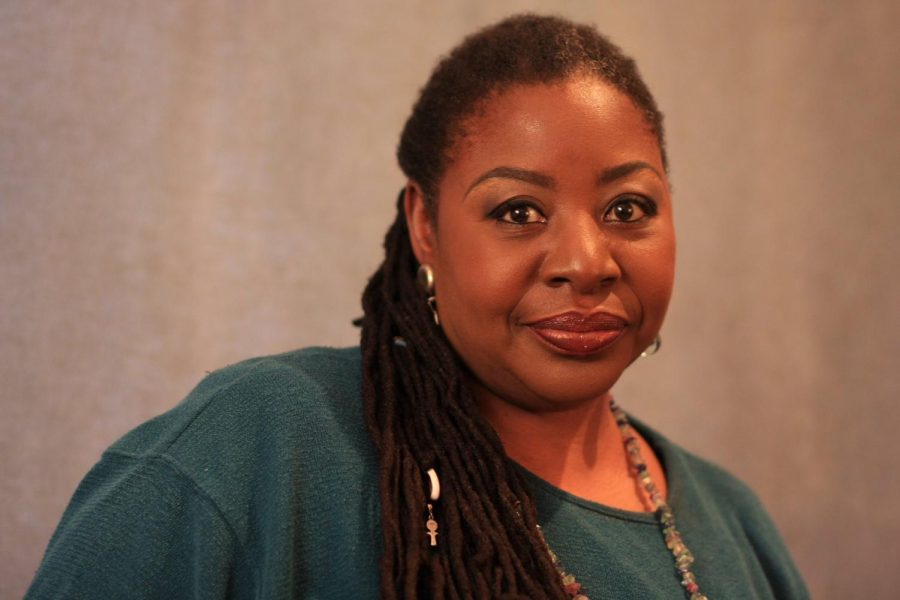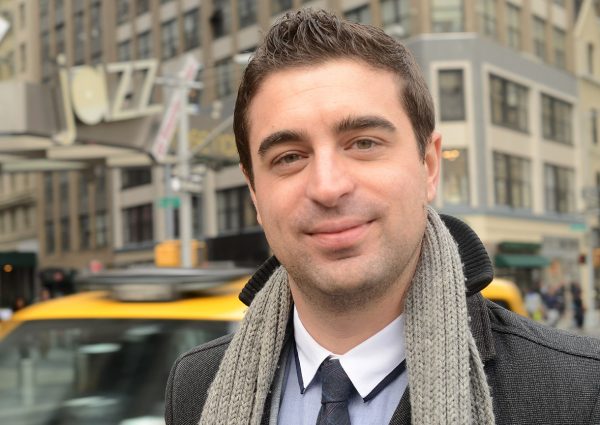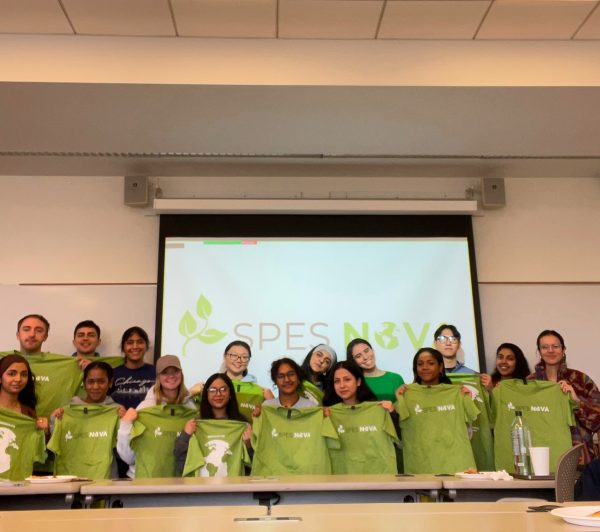Fordham’s Center for Community Engaged Learning Holds a Panel on Cancel Culture
Callout culture has arguably found its place at Fordham, especially as the increased usage of social media following the onset of the pandemic has encouraged students to be constantly monitoring each others’ profiles.
With the rise of Instagram accounts such as the now-defunct @fordhamcrushconfessions and @fordhammissedconnections — accounts that allowed students to share anonymous positive messages about each other — and the considerably more negative situation involving Austin Tong, in which a student posted a photo of himself with an inflammatory political bend and caused the student body and Fordham faculty to take action, Fordham students have been living out certain aspects of their social lives on social media platforms.
Accounts such as the self-proclaimed “BEST source for fast Fordham news,” @lc_sinners, further perpetuate this culture of policing student movements online. The meme account indiscriminately posted submissions from Fordham students on their page, most of which contained unverified and inflammatory information regarding the coronavirus pandemic at Fordham and some that shamed Fordham administration and students.
On Wednesday, April 7, Fordham hosted Loretta J. Ross, a Black feminist activist who currently teaches at Smith College, for a workshop entitled “Calling out vs. Calling In.” She previously wrote about this topic in an opinion article for The New York Times. Currently, she offers courses and workshops to teach others about “calling in” rather than “calling out” in activist spaces. Ross spoke at length about her experiences with calling out culture in her time as an activist and shared her criticisms of callout culture as she sees it today.
Ross described calling out as the following: criticizing other social justice practices while not being critical of one’s own practices, using one’s own knowledge as a weapon against others, using “wokeness” as an avenue of competition, using social activism to boost one’s ego or standing and seeking political purity through shaming others and engaging in ideological bullying.
Calling in, on the other hand, is meant to be about increasing accountability instead of shame, according to Ross. She emphasized that conversation is key in forming an activist group — not everyone can agree with your values completely, but they can still help further your agenda.
Ross described a “90 to 50%circle of influence,” where she explains the levels of shared opinion the people around an activist are likely to hold and how to reach out to these people. The 90% are the core group of activism — who still hold a diverse range of ideas, allowing for the 10% difference — and the 50% are people that may not hold the same goals but are still human and don’t support bigotry. Anything past 25%, she explained, is either too different of a worldview or too supportive of bigotry for a conversation to go anywhere. She explained that the 90 to 50% range is the range where calling in is most viable, and anything past that is less so.

Hasna Ceran is a junior double majoring in economics and Middle East studies. She began by writing the USG Column for Volume 101 and served as an Assistant...











































































































































































































